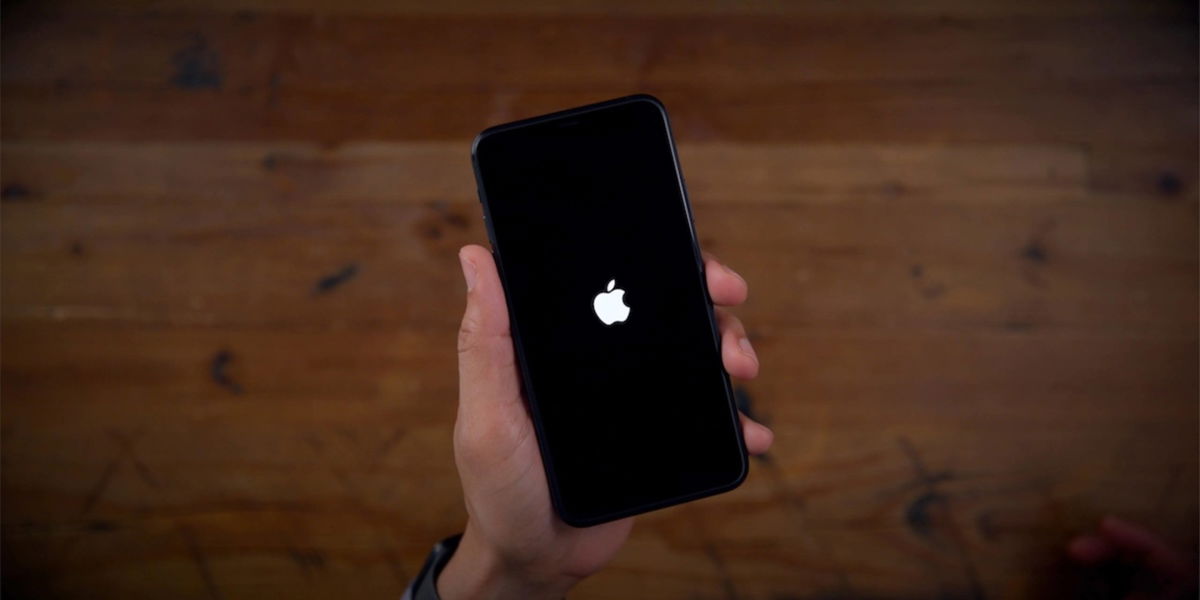Apple has warned it will shut down services such as FaceTime and iMessage in the UK if the government goes ahead with controversial legislation.
A proposed update to the Investigative Powers Act 2016 is currently open for consultation. Members of the public are invited to comment on the changes, which include a requirement for couriers to notify the Home Office, a UK government department that handles immigration, security and law and order, of new security features before they are rolled out, and the right for the Home Office to privately request that security features be turned off immediately. Under current legislation, the latter can be requested, but there is an independent review process and possibility of appeal before action is taken.
“As it stands, during a review period, the operator is not required to comply with the notice, to the extent it is referred to, until the Secretary of State has concluded the review,” the consultation paper explains. “Where an operator seeks to make changes to their system that would adversely affect a current legal access capability, it could create a capability gap during the review period, which we believe should be addressed.”
Apple offered its comments in the most robust form, the BBC reports. Indeed, he consistently opposed the changes – which have been dubbed a “snooper’s charter” – throughout the process. In addition to changes to regulations governing email security features, Apple refuses to have to make wholesale changes to its products in order to comply with UK-specific rules. The company insists that, to comply with a country’s laws, it will not make changes that it calls a “serious and direct threat to data security and information privacy” for users around the world.
Many messaging services, including iMessage and FaceTime, have end-to-end encryption, which means that the owners of these services cannot access the content of the messages even if asked to do so by a judge. But the new legislation would give the Home Office the power to require services to remove encryption and thus have access to information in future messages.
Apple is so serious in its opposition that it has threatened to shut down its courier services there rather than comply with the amendments. It is difficult to judge whether this threat is real; iMessage (not to mention the “green bubble shame” of joining an iMessage group chat from an Android phone) is a valuable weapon in luring phone users into the iOS walled garden, and FaceTime is almost as popular. Removing these key products would hamper Apple’s progress in a major market, but it might see that as a sacrifice it needs to make in order to avoid what it sees as a hindrance to the security of its products in all markets.
Needless to say, however, Cupertino will be hoping the UK government won’t call their bluff, assuming it is one.








